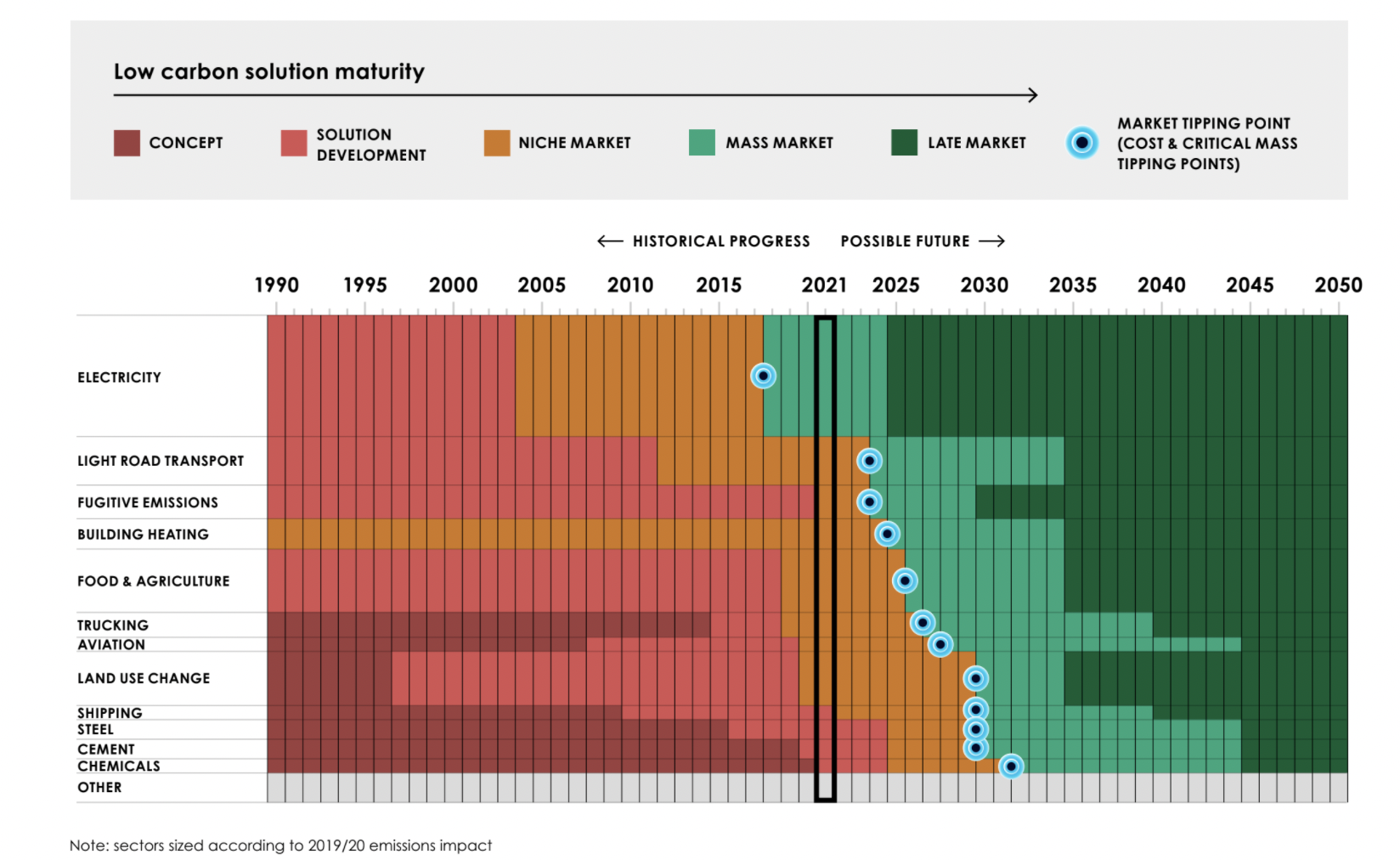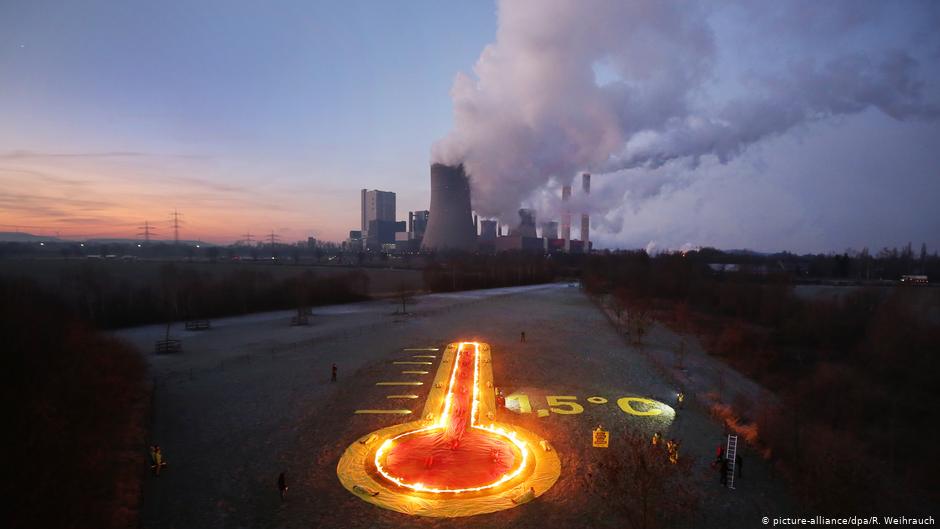All major sectors of the global economy are more than capable of developing cost-competitive green solutions by 2030, meaning investing in carbon-based infrastructure is now “extremely risky”. So says a new report by sustainability consultancy Systemiq. It found that revenues from old-economy infrastructure cannot be guaranteed beyond this decade.
We already know the energy sector has successfully developed green alternatives to fossil fuels. In fact renewables are now the cheapest source of new power in over 40 countries accounting for 91% of global electricity generation. Wind and solar capacity has grown over 70% since Paris, while generation has more than doubled. Clean energy’s dominance is such that over the last year, more than 80% of all new electricity capacity was renewable, with 91% coming from new solar and wind installations.
Continued investment will be driven in part by the cost of borrowing. The report found that borrowing costs for long-term oil projects are now more than 20%, compared with just 3%-5% for renewables – the equivalent of a carbon tax of $80/tonne. The economic benefits of building a more sustainable energy system will be extraordinary, the report says: “Building a net-zero energy system in the next 25 years would yield a net benefit of USD 26 trillion for the global economy.”
‘We must do more’
Tipping points that have already been reached in electricity production should soon be reached in other sectors, including trucking, food and agriculture, aviation and shipping. Indeed the report found that tipping points in sectors representing 90% of emissions should be reached by 2030.
Progress in these sectors is being driven by net-zero commitments from countries and corporations – 131 countries have now committed to net-zero targets, representing 73% of the world’s emissions. This compares to 57% last year and just 6% in 2017. In the corporate sector, ambition is also growing rapidly – over 3,000 major businesses and 173 of the world’s largest investors have adopted net-zero targets.

The report did, however, highlight some areas where progress was slow, including finance for developing countries and carbon removal, both nature and technology-based. “We need to do much more to mobilise capital for developing countries through creative combinations of international public finance designed to mobilise much larger flows of long-term private capital at much lower cost,” said Nicholas Stern, chairman of the Grantham Research Institute.
Interest in carbon removal has risen sharply in recent months, driven by the growing realisation that in order to avoid dangerous temperature rises we need to suck carbon out of the atmosphere, and by the explosion of interest in offsets as a result of the focus on net-zero targets.
Cutting emissions must come first, however, and the sooner companies begin doing so, the better positioned they will be to avoid stranded assets, “extremely risky” carbon investments, and so achieve long-term, sustainable growth.





